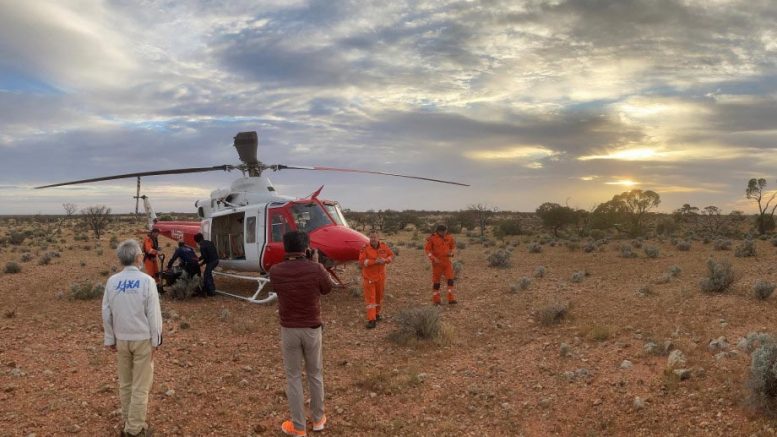
Scientists at Woomera conduct a ‘dress rehearsal’ for finding and collecting the Hayabusa2 sample capsule when it lands. Credit: Trevor Ireland, ANU
A Japanese space mission will deliver samples collected from asteroid Ryugu in a capsule to the outback desert of Woomera in South Australia this Sunday morning.
A leading expert from The Australian National University (ANU) who will analyze the samples says they could provide major insights into the origin of life on Earth.
The subsurface material collected from the asteroid will be dropped off by Hayabusa2. Testing will start almost immediately on the returned material.
The mission aims to shed light on the nature of asteroids and the origins of planets in our solar system, as well as the origin of Earth’s water, which is vital for all life.
ANU space rock expert Professor Trevor Ireland, who is on the Hayabusa2 science team, is in Woomera awaiting the arrival of the asteroid sample, which he will analyze in the lab.
“I anticipate that the Hayabusa2 samples of asteroid Ryugu will be very similar to the meteorite that fell in Australia near Murchison, Victoria, more than 50 years ago,” Professor Ireland, from the ANU Research School of Earth Sciences, said.
“The Murchison meteorite opened a window on the origin of organics on Earth because these rocks were found to contain simple amino acids as well as abundant water.”
Professor Ireland said his work would help answer big questions about the diamond-shaped asteroid, which is about one kilometer in diameter and in an orbit that takes it between Earth and Mars.
“We will examine whether Ryugu is a potential source of organic matter and water on Earth when the solar system was forming and whether these still remain intact on the asteroid,” he said.
“This C-type asteroid, which is the most common kind, appears to be similar to the Murchison meteorites — rare carbonaceous chondrites packed with organic molecules and water.
“We might find that missing connection on Ryugu.
“We will also discover the history of this curious-looking asteroid. The other rubble-pileasteroid Itokawa is quite young. Will Ryugu prove to be a lot older?”
ANU astronomer Dr. Brad Tucker said technology has enabled space missions to regularly land on objects in space and return back to Earth.
“With China’s Chang’e 5 mission landing on the Moon and returning in late December, Osiris-Rex and future missions planned, we’ll be able to get our hands dirty and learn a lot about the solar system and our own planet,” Dr. Tucker, from the ANU Research School of Astronomy and Astrophysics, said.
“Future space travel and exploration missions are going to be needed to be able to extract resources in space. Missions like Hayabusa2 are laying the groundwork for this endeavor.”

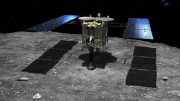
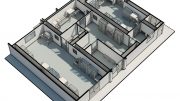
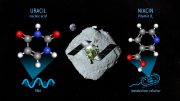
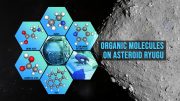
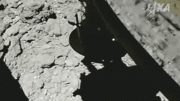
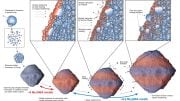
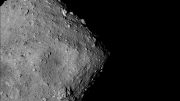
Sou admirador dos estudos galáticos, principalmente no tocante asteróide, como surgem, e até sua deterioração, sou leigo mas um grande admirador dos estudos relacionado ao espaço sideral.
I am a little surprised that something obtained in such a high tech, high science, high priced fashion would be recovered in such a low tech exercise. It would make a great start to a sci-fi novel. . . the capsule burst open on landing and it indeed contained the seeds of life. And like any transplanted seed without a weed to oppose it. . .it began to grow. As the scientists hunting for it. . .found themselves the hunted. (Cue scary music. . .)
I so agree.
It may, with equal veracity, indicate the original recipe for brownies. The prominent use of “may” in clickbait headlines is astounding. Congrats to the Japanese for getting there and back successfully, but now research should supplant conjecture. Super inflated expectations almost always result in disappointment which overshadows real lessons.